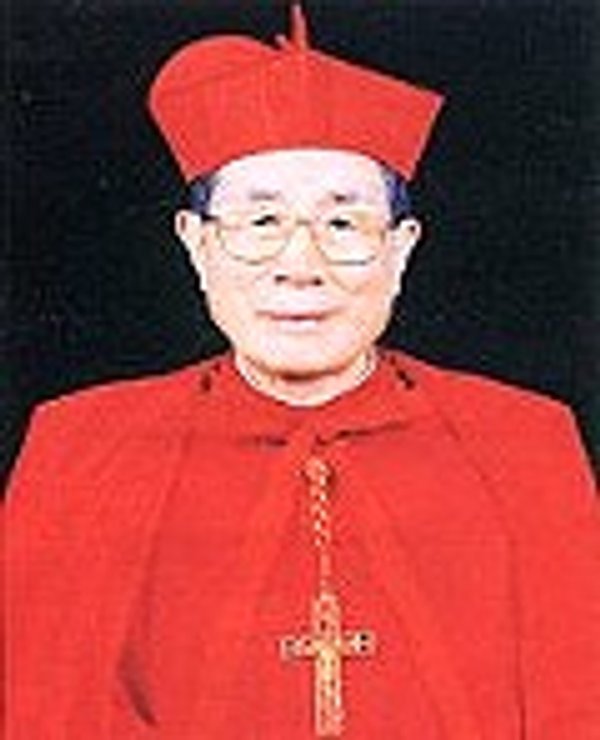Blessed Josemaria is a true friend of young people. He has always manifested a desire to foster great ideals in them and understood the importance of doing so, especially with university students.
His concern that those preparing for a profession realize the importance of right intention can be gleaned from some of his writings. In The Way, 345, he says: "Culture, culture! Good! Don’t let anyone get ahead of us in striving for it and possessing it. But remember that culture is a means, not an end."
From this point itself, we can also see an important aspect of Blessed Josemaria’s spirituality. He knew that the goal of acquiring knowledge should be no less than to give glory to the Creator who makes the acquisition of knowledge possible. However, the work of acquiring that knowledge should be carried out with perfection. If it is to become an offering to God, our work must be done well, "… not letting anyone get ahead of us in striving for culture ...." He himself says it in several points of The Way:
"You pray, you mortify yourself, you labor at a thousand apostolic activities … but you don’t study. You are useless then, unless you change your ways. Study—any professional development—is a serious obligation for us." (The Way, 334).
"Formerly, when human knowledge – science – was very limited, it seemed quite feasible for a single scholar to defend and vindicate our holy faith. Today, with the extension and the intensity of modern science, the apologists have to divide the work among themselves, if they wish to defend the Church scientifically in all fields. You … cannot shirk this responsibility." (The Way, 338).
Since I came upon this little book, I have often used it in my preaching. It is not only a guide for lay people to reach the heights of Christian spirituality. I would also liken it to a handbook on how we Christians should love our Mother, the Church. In fact, even though the points in this book may deal with different aspects of Christian spirituality – prayer, mortification, presence of God, humility, poverty, etc. – they all lead to the one terminus of love for the Church.
This theological point bears development. We can see that while the Spirit blows where it wills, giving rise to different charisms, to the infinitely diverse manifestations of Charity, the fact remains that we are all children of the same Mother. And to this Mother, we owe the honor of behaving as good Christians whatever our occupation may be.
I find this especially relevant to our times, when the Church has to deal with issues that can easily confuse both believers and non-believers. Cloning, stem cell research, euthanasia – all demand of both ecclesiastics and lay people a study of the issues under the light of Divine Revelation. We cannot leave the Church alone to tackle these issues, and so the words of Blessed Josemaria resonate, reminding us of the need to study in order to spread the truth and to defend the Church.
The world looks to the Church for light. The darkness of ignorance leaves many unable to take even the first step of asking themselves what the meaning of life is. The many good things of this world – science, work, nature – sometimes become stumbling blocks on the path of many people trying to reach the light of truth.
The spirituality of Blessed Josemaria centers precisely on the constant search for meaning as we immerse ourselves in these good things of the world -- in his words: "finding that divine something hidden in the most ordinary things of this world."
